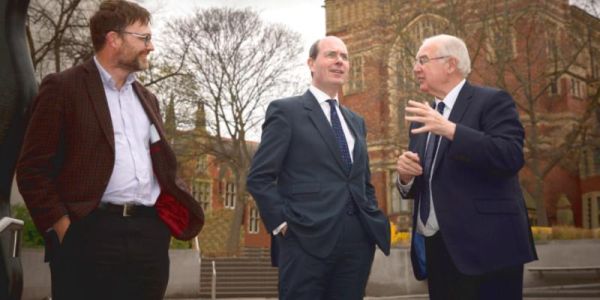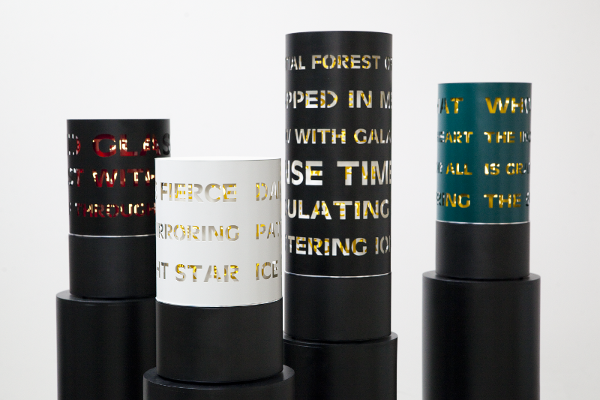
New prize highlights talented student filmmakers
A new competition established by the University's Cultural Institute has encouraged student filmmakers to showcase some of its ground-breaking research.

A new competition established by the University's Cultural Institute has encouraged student filmmakers to showcase some of its ground-breaking research.

A new £5m University of Leeds sports facility launches this week, named after its most successful sporting alumni.

Global warming is responsible for tripling the frequency of extreme West African Sahel storms over the last three decades putting numerous cities in the region at risk, say scientists.

The impact of the University’s research and its commitment to supporting early career academics has been demonstrated to the incoming chair of the new body set to oversee the UK’s research councils.

The University has climbed two places and retains its position in the top 20 in this year’s Complete University Guide.

With Leeds being home to the largest digital sector outside London, the University is celebrating its contribution with a series of events during Leeds Digital Festival 2017.

A new online tool reveals the areas and routes in England that have the greatest potential for cycling.

A new exhibition and online photographic archive will allow residents of Leeds to get a glimpse of the city's parks and green spaces since the early 1900s.

The University has commissioned the British-American artist, Liliane Lijn, to create a new work of public art for its campus.

Climate change scientists are heading to the Himalayas in a bid to become the first to successfully drill through the world’s highest glacier.